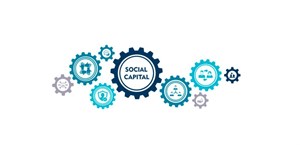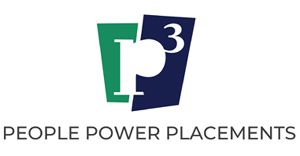Social capital and mitigating the negative consequences

Here are some measures to consider:
Promoting digital literacy
Enhancing digital literacy among individuals can empower them to critically evaluate information and identify misinformation or fake news. Education and awareness programs should teach individuals how to verify sources, fact-check information, and distinguish between credible and unreliable content.
Encouraging critical thinking
Education systems and society should promote critical thinking skills. By nurturing independent thought and encouraging diverse perspectives, individuals can challenge popular narratives, question assumptions, and resist the detrimental effects of herd mentality.
Strengthening media literacy
Educating individuals about media literacy can create awareness about biases, sensationalism, and manipulation techniques media outlets employ. By understanding the power dynamics behind information dissemination, individuals can make informed decisions and avoid being swayed by misleading or biased narratives.
Balancing privacy and connection
Raising awareness about privacy online can help individuals maintain control over their personal information. Individuals can protect themselves from privacy breaches and potential exploitation by promoting responsible sharing and appropriate boundaries in online interactions.
Encouraging critical evaluation of cultural exchanges and building resilience
Cross-cultural interactions should be approached with sensitivity and an earnest desire to understand rather than appropriate or dilute cultures. Promoting awareness, respect, and appreciation for diverse cultural practices can help mitigate the negative aspects of cross-cultural contamination. Support networks, mentorship programs, and community initiatives can provide resilience and counterbalance the risks associated with social capital.
Strengthening legal frameworks
Governments and legal systems should address and combat the proliferation of cybercrime, illicit networks, and exploitation facilitated by social capital. Strengthening laws and regulations can provide a deterrent effect and ensure that those engaged in criminal activities face appropriate consequences.
By raising awareness about data privacy and encouraging responsible online behaviour, individuals can navigate the realm of social capital while safeguarding their personal information. Individuals need to be mindful of privacy concerns and leverage the protection offered by legislation like the POPIA Act. By doing so, they can enjoy the benefits of social capital while ensuring the safety and security of their personal information in the digital landscape.
In conclusion, while the negative consequences of social capital cannot be eradicated entirely, proactive measures can be taken to mitigate their impact. By promoting digital literacy, critical thinking, ethical behaviour, and fostering responsible interactions, society can harness the positive potential of social capital while minimising its dark side.
Operating since 1990, Auguste (Gusti) Coetzer is the doyenne of executive search in the sub-Saharan Africa recruitment industry and is the founder and CEO of People Power Placements SA (PTY) Ltd, trading as Auguste Coetzer Executive Recruitment. P3 is part of a global recruitment partnership Talentor that operates across five continents in 35 countries and 52 offices.












